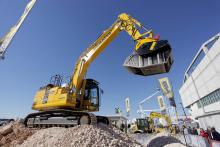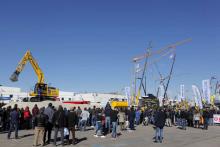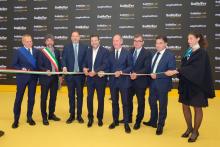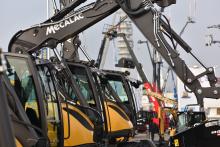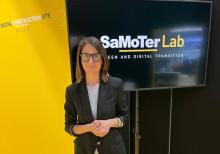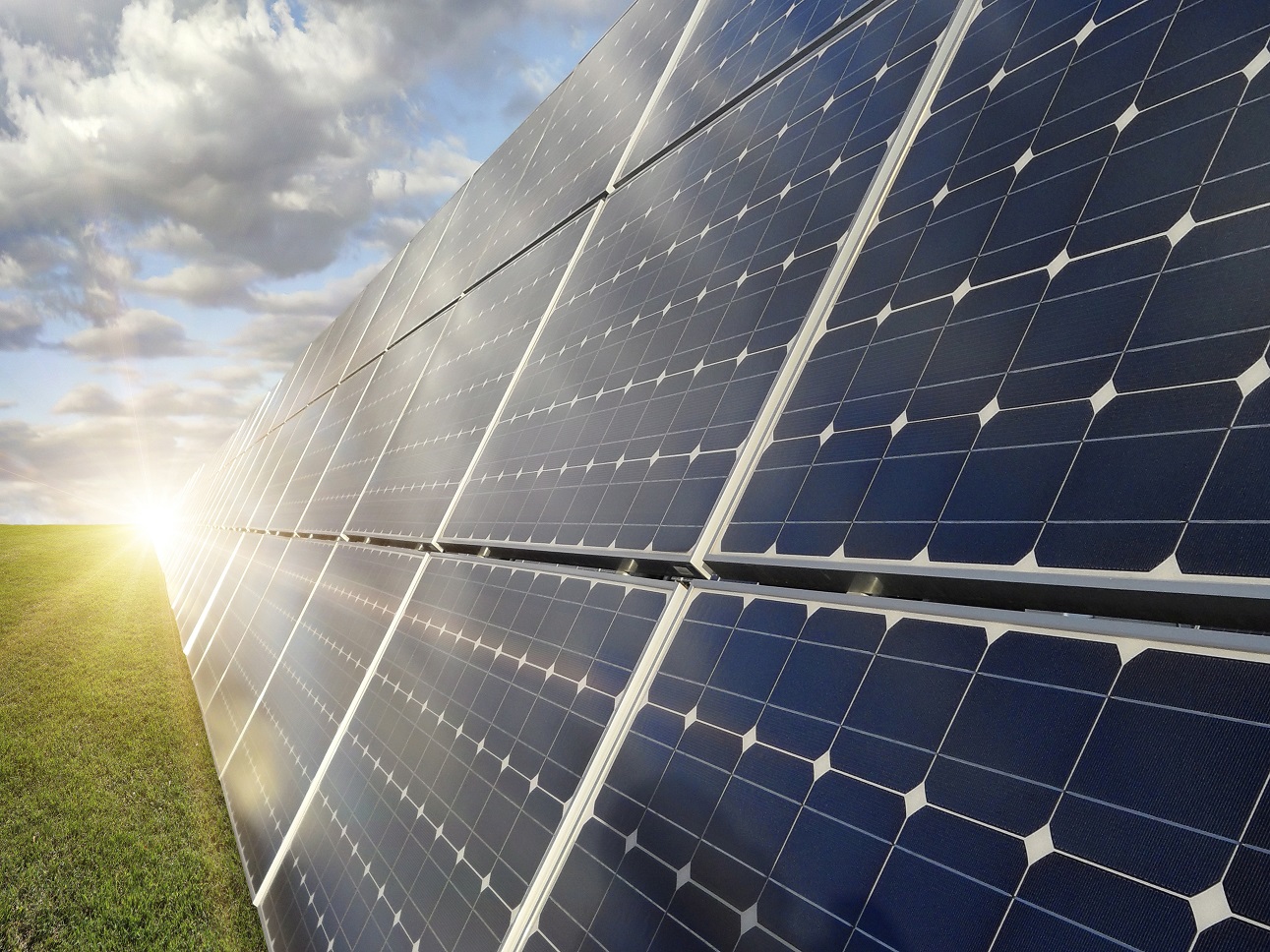
Italy's energy independence must also involve photovoltaic systems in quarries and the consequent positive economic, environmental and social effects. This emerged on 18 April 2023 during the fifth and last webinar in the run-up to the 31st edition of SaMoTer (3-7 May) titled Photovoltaics in quarries: regulatory aspects, investment opportunities and case histories.
The topic was introduced by Claudio Bassanetti, president of Anepla, who outlined the scenario: "The energy transition towards independence should be accelerated, given what we saw a few months ago when gas and electricity prices hit businesses and households very hard. Many quarry areas or quarry basins throughout Italy have already been transformed by human activity, and they could be reconverted to increase electricity generation from renewable sources. The opportunities arising from installing photovoltaic systems in such sites are not only of an economic and environmental nature but also have a social impact. One aspect that has to be settled is the problem of authorisation procedures, which are far too long at times."

Lawyer Cristina Martorana, a partner of the Legance law firm, then explained the reference regulatory framework. She pointed out that the Legislator has issued provisions to simplify the authorisation procedures in these areas. However, there are not always effective: "The cases where the simplified power of attorney, the so-called Pas, can be used are limited," she pointed out. The scenario can be complicated given landscape and environmental constraints, applications for incentives and other variables. Inasmuch, the single declaration approach should not be underestimated."
Engineer Ilaria d'Amico of Anie Rinnovabili reported the characteristics of eligible quarries and outlined the project development process: "To be eligible, a quarry must first be worked out," she explained. "We start with acquiring the quarry area, which can take place through the sale or transfer of land rights. These systems, especially for abandoned quarry areas, ensure new dignity for local areas. It should be mentioned that such installations do not involve any negative impact from an environmental point of view since they do not involve sealing the soil."
Considering that performance levels are better than ever following continuous improvements and technological innovation, conventional or floating photovoltaic systems can be installed. A focus on floating systems and their strong points was provided by engineer Maarten Van Cleef of Ciel et Terre, who highlighted the enormous potential of this approach in Italy.
"Floating systems have several strong points," he explained. "First of all, they do not involve using up agricultural land. Moreover, they are quick to install and remove, ensuring lower visual impact than a conventional plant, and the photovoltaic modules are cooler because of the presence of water. On the other hand, the construction costs are higher; productivity is lower and more complex anchoring studies are required."
Luca Scopelliti of Anie Rinnovabili then discussed self-consumption and PPA (power purchase agreements). "Installing renewable energy systems in quarries is an opportunity that must be grasped. It offers advantages for the country system, quarry owners and energy-intensive companies," he summed up, "but it is essential that the contracts established between all parties involved have a solid legal basis, structured on established regulations and shared by everyone concerned."
The webinar concluded with a session dedicated to case histories: Francesco Molfese of Ciel and Terre showed a floating plant installed in France, Eligio Doneda of Nuova Demi illustrated the two systems installed in its production sites and finally, Silvano Pinter of Hydrosolar presented a floating photovoltaic system installed in a spent section of a quarry in the province of Pavia.
The topics of energy transition and photovoltaic systems in quarries will be taken up again within the scope of the impressive calendar of conferences and workshops scheduled during Samoter, the construction machinery exhibition in Verona from 3-7 May in conjunction with Asphaltica, the show for technologies and solutions for road paving, road safety and road infrastructure promoted by and with SITEB - Strade Italiane e Bitumi.

